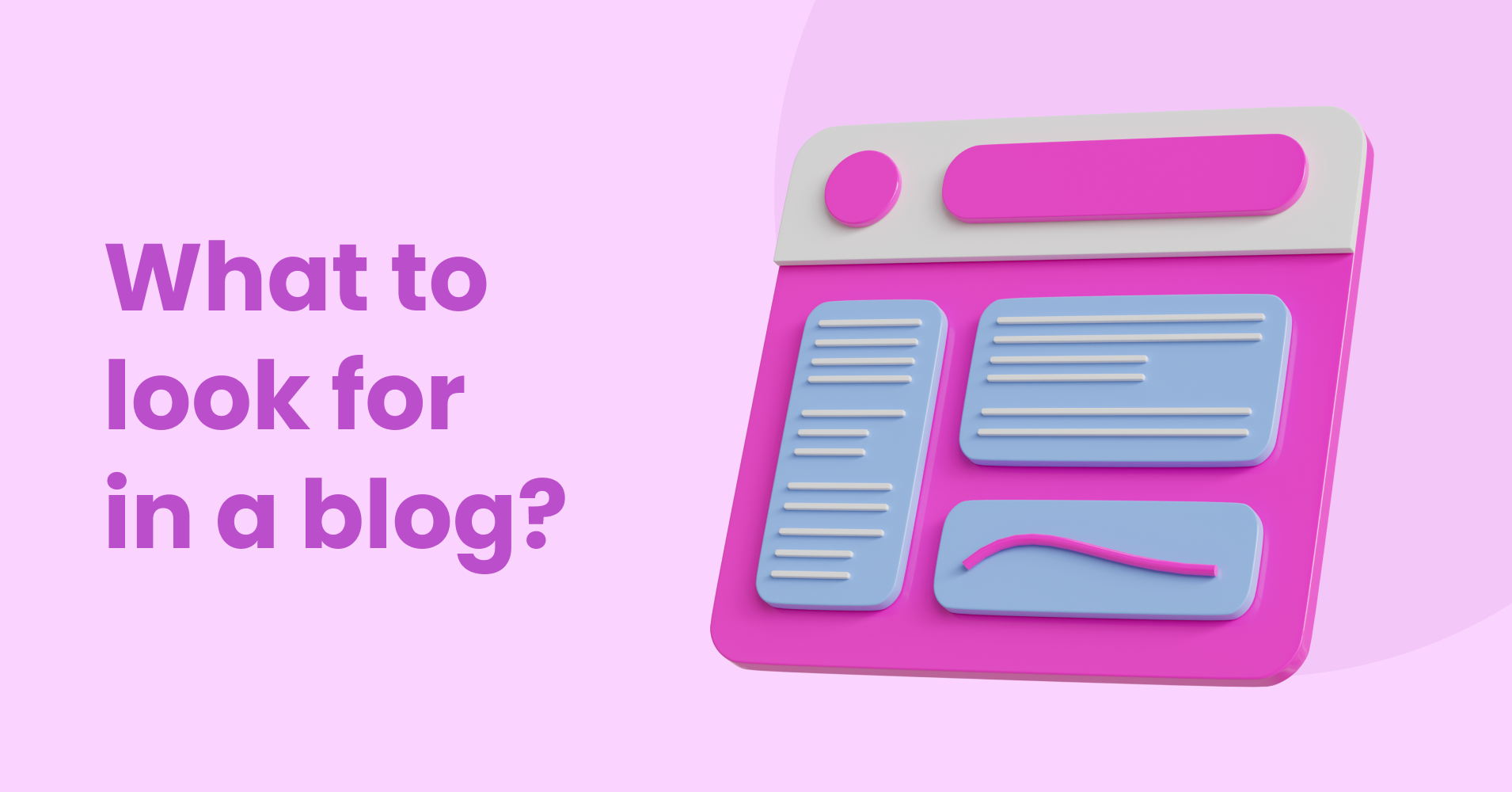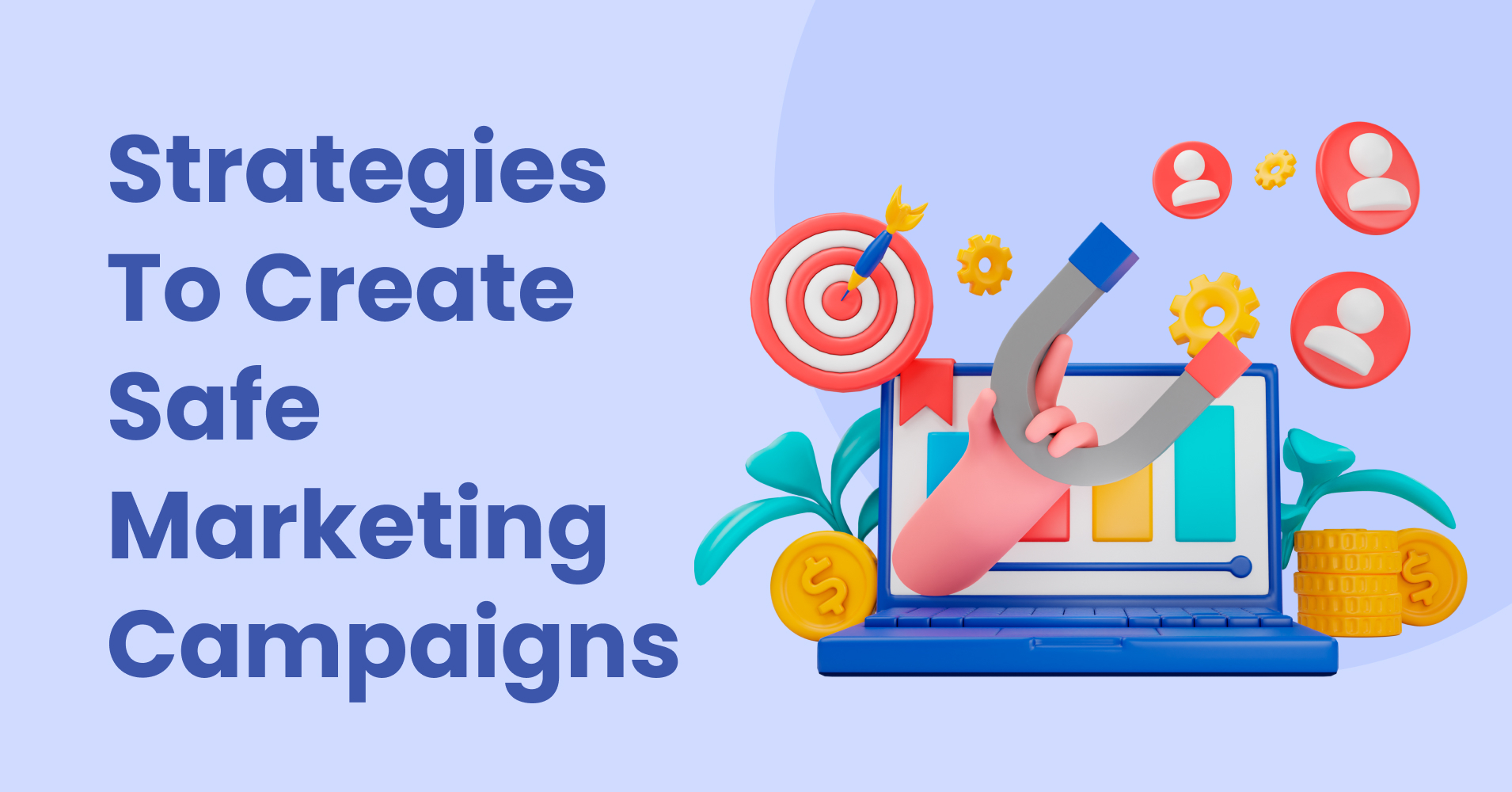The Most Important Things A Blog Must Have
The world of blogging is one that is constantly evolving and adapting.
There are millions of blogs out there. Some are written fantastically, others not so much.
What are the characteristics of a good blog? Why should you care?
Well, by knowing what makes a good blog you can ensure you create good content that helps you rank on search engines as well as educate and inform the reader. Ideally, you want to make sure your blog is the best piece of content on the web for that particular topic.
A tall order, perhaps. But one that is important to your business’ overall digital marketing and web presence.
What is a blog?
Before delving into what to look for in a blog, it’s important to know what a blog is, and the different terms that you’ll come across.
A blog is a singular post, an article or discussion that you have created.
A blog page is the page/website where all of the blogs are kept, it acts as an Index for each blog you write.
1. The Reason for the Blog
A lot of bloggers write blogs to tell a story, or for sharing an experience they have gone through.
You can express yourself and spread a story on a platform where you can connect with your readers.
But –
You need to think about why your user would be reading about your blog post’s topic, and why they’d choose yours over all the other content covering the same topic.
Why have they come to the page? What are they looking to achieve or learn?
Why do you have the blog? Why are you writing this post?
Having a blog is an immensely powerful digital marketing tool, but you need to know why you’re doing it and why readers care.
2. Asking Open Questions
When you are writing blogs, asking questions can be a really great way to interact with your audience.
There is a big difference, however, between asking open questions, and asking closed questions.You should avoid closed questions wherever possible, and stick to more open-ended questions.
A closed question is where there are only a select number of answers the responder can provide. An example would be asking the question – “did you enjoy today’s blog?” That question will only get responses such as “yes” or “no”, one-word answers.
If you were to ask “what do you think about today’s blog?” or “have you learned anything new in today’s blog? If so, what is it?” Then you would be much more likely for a more in-depth answer which can open the lines of communication between you, the blogger, and the reader.
Where you ask the questions is completely up to you. Quite a few people I know only ask the questions at the end of the post, some ask throughout and others simply don’t ask!
For the best approach, try to sprinkle questions throughout your piece to keep the reader engaged and thoughtful throughout the entire article.
3. Listen to Your Readers
Listening is one of the most important things you can do in life and it’s the same with blogs.
Listening to your readers and what they want from your blog page can be a great way to retain a pre-existing audience.
Blogging is a two-way relationship; you write things you enjoy, while also writing things people want to see.
If your readers let you know via comments, your email, or social media that they want you to cover a particular topic – where’s the harm in that?
Even if you have a small readership, if they ask questions you’re off to a good start. It means your audience is engaged and interested in what you have to say.
Repay that in kind by crafting good content that’s been asked for!
4. Selling on a Blog
If you are creating a blog simply to sell things – tread with caution.
It’s fine to have a blog that’s primary goal is to make some sales for you, but try to add some value first. Make posts that inform and educate readers. Catch their attention first.
Trying to sell 24/7 is just going to alienate your readers and won’t result in any sales. By adding value first you will build up trust. Once you’ve got a regular readership and can see that you’re holding their attention – then is the time to sell.
This ties back into point number 1, what is the story of the product? What is it all about? What is the point of the blog? Simply to sell? To sell and inform?
Think about the ‘what’ and the ‘why’ behind the page before you simply ‘do’.
5. Add Some Variety to Your Topics
Variety is the spice of life as the old saying goes!
While it is best for your blog to have a niche and be somewhat focused, you don’t want to narrow the focus too much.
Readers could become disinterested if you talk about the same thing in the same way all the time. Blogging (and much of digital marketing) is a balancing act between focusing on a topic and introducing new ideas.
6. Avoid Being Biased
There are two sides to every story, something that is very true when it comes to writing and publishing blogs.
When writing about different topics, please try and refrain from including your own biases.
As a blogger you should be taking both sides of the argument, adding in your view and then making a decision.
If somebody does not agree with you, that does not mean that they or you are wrong. There can be a lot of instances where there are no right or wrong answers and it is all down to interpretation. Listen to what each of you is saying, you never know, you could learn something new!
Use your blog page to be kind, spread positive messages, raise awareness. Do not let bias sway your judgement and take you down a road that you won’t even know you are going down.
When you’re more established and are growing an audience, depending on your topic you can start adding some of your own biases in for your social media accounts.
But when it comes to blogs, you should try to craft a top piece of content – that means being as objective as possible and not letting your personal biases influence the value you’re trying to provide for readers.
Keep These Points In Mind When Writing Your Next Blog
Blogging is a great tool for your businesses’ digital marketing efforts. It can also be great for hobbyists to do, though you shouldn’t expect many readers in this case unless you already have a following.
Try to keep the principles outlined here in mind when writing or hiring someone to write your next blog posts.





